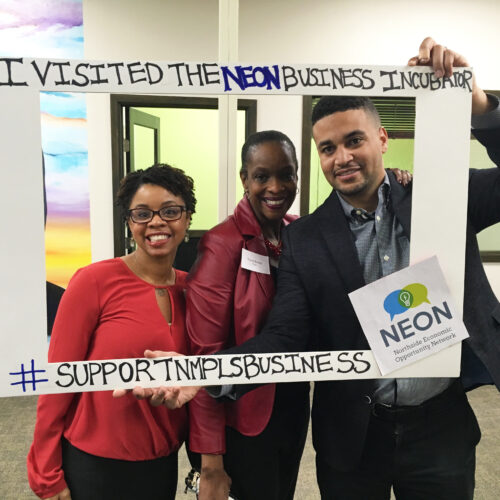Board Development
Effective nonprofit leadership starts with a well-aligned board that understands its roles, operates cohesively, and handles conflicts productively. If your board is navigating onboarding new members, strategic planning, new opportunities, or challenges, it’s time for development.
We help nonprofits assess their current board dynamics, agree on goals, and craft action plans for progress. Plus, we provide coaching on recruiting the right members and building processes that strengthen your mission.
Questions? Ready to Start?
Ready to talk about how we can work with your organization? Reach out to our team to discuss how we can assist you.
Benefits & Outcomes of Board Development
- New skills and perspectives identified to inform your recruitment and carry out your strategic goals
- Better board engagement by clarifying board roles and responsibilities
- More generative (and even fun!) board meetings
- Stronger interpersonal relationships
- Governance structures, practices, and agreements that fit your values and vision
- A healthier board/executive director partnership
- Smoother leadership transitions
- Establish group norms and tools for moving past conflict
Our 3-Step Board Development Process
Our 3-step process helps aims to help you build a board excited about your mission, and ready to work as a team. Each phase can be adapted to fit your organizational needs.

Board Self-Assessment
A key responsibility of each governing board is to honestly assess its own performance to ensure that it is carrying out its responsibilities within a healthy climate that fosters open discussion, sound decision making, and respect for all members. Propel Nonprofits’ anonymous self-assessment allows all members to offer feedback, and in turn, helps start a conversation between your board and our consultants as we work together to create a board development plan.
Propel will collect responses from your board assessment and present your board with a report of areas that stood out as places for improvement, strengths to build on, and priority areas.

Board Roles & Responsibilities
The clarity of roles and purpose can lead to better engagement. Our board development curriculum helps board members better understand their five key roles and responsibilities:
- Leading strategically
- Ensuring financial stability
- Serving as an ambassador
- Supporting and supervising the executive director
- Ensuring healthy governance
The emphasis here will be on the roles of board members given the organization’s current life stage.

Board Development Action Plan
Once you know where you are and what your board needs to be doing, how do you move past conflict, disengagement, or other barriers to get there? In this phase, we’ll work with you to develop both technical and adaptive tools to strengthen interpersonal dynamics, coach you for on-boarding or off-boarding, engage all the different skills and perspectives on your board, and work together better to lead your nonprofit.
Ready to get started?

Worth the Investment
“We knew [working with Propel Nonprofits] would get us further faster toward our mission. It’s an investment that’s going to pay off, honestly, in the near-term, not even the long-term.”
Lynn Farmer, Board Chair, Northside Economic Opportunity Network
